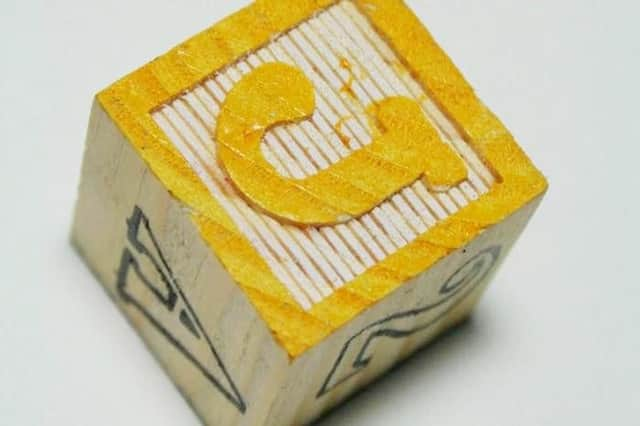Latvian parents lose fight to keep baby they abandoned in hospital with '˜classic English name'


The boy, who is now 14 months old, was placed with the couple who want to adopt him when he was several weeks old and has lived with them ever since.
His parents, who moved to England seven years ago, wanted him returned to their care - his maternal grandmother had also offered to let him live with her in Latvia.
Advertisement
Hide AdAdvertisement
Hide AdBut a judge has concluded that the boy’s best interests will be best served if he remains in the “loving care” of the couple he lives with and is adopted.
Mr Justice Cobb said the toddler had forged “secure attachments” to the couple.
He said the prospects of the youngster forging equally strong attachments either with his parents or his grandmother were “poor”.
Detail has emerged in a ruling by Mr Justice Cobb following private Family Court hearings in Leeds.
The judge said no-one involved could be identified.
He said the boy was born prematurely at home.
Advertisement
Hide AdAdvertisement
Hide AdHis parents, who gave him a “classic” English forename because they wanted him to have the best chance of integrating into British life, then took him to a hospital and left him there.
They initially said they wanted him to be adopted - and were against him being brought up by his grandmother in Latvia.
But when he was about a year old, his mother changed her mind - and she and his father asked for him to be returned to their care.
“I have reached the clear conclusion that (the boy’s) best interests will be served by him remaining throughout his childhood in the loving care of (the couple he lives with) in whose favour I propose to make an adoption order,” said Mr Justice Cobb, who is based in the Family Division of the High Court in London.
Advertisement
Hide AdAdvertisement
Hide Ad“The relevant factors in this case, while not all one way, nonetheless cumulatively point overwhelmingly to this outcome as the best possible one for (the boy).
“The risk of disruption to the secure attachments which (he) has forged with the (couple) cannot in his interests be taken.
“I consider that the prospects of him ever forging an equally, or even a sufficiently, strong attachment with either his birth parents or his maternal grandmother are poor, given their respective plans for his future care.
“The consequences for (him) if he failed to achieve that level of security could be catastrophic for his emotional well-being and development.”
Advertisement
Hide AdAdvertisement
Hide AdThe judge added: “It will be important as (he) grows through childhood into adulthood that he learns fully about his Latvian heritage. It is also important that he comes to know that his grandmother, and indeed ultimately his birth parents, laid a claim to care for him.
“I felt that his grandmother’s stance was honourable; she felt a strong sense of duty to offer (him) a home; the presentation of her case proportionate and dignified.
“I equally recognise and understand the birth parents’ emotional reflex as they saw their son standing on the brink of an irreversible legal and emotional commitment to other parents; I don’t dispute the genuineness of their yearning to care for him which they had suppressed for much of the last year.
“Had the circumstances in which I had come to decide this case been different, it may well have been that the birth parents and/or the grandmother would have had a stronger claim, but I have tried the applications on the facts as they developed.”